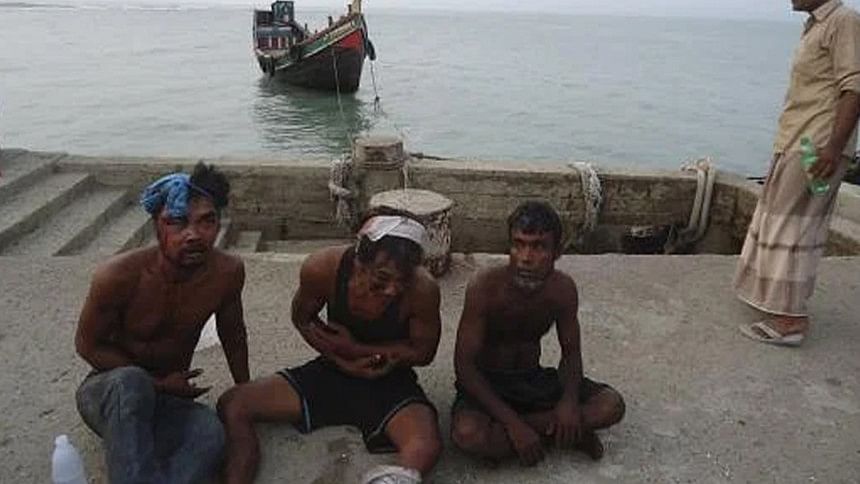Human trafficking in Bangladesh increased after natural disasters: UN

Human trafficking cases in Bangladesh and the Philippines increased after devastating cyclones and typhoons displaced millions, the United Nations Office on Drugs and Crime (UNODC) said today.
Evidence is emerging that climate-related disasters are becoming a cause of human trafficking as criminal gangs exploit a growing number of uprooted people, the UN drugs agency noted.
The continuing war in Ukraine is also another risk factor for increased human trafficking, the UNODC said in a report.
Droughts and floods in Ghana, and the Caribbean region -- subject to hurricanes and rising sea levels -- were also forcing many to migrate.
"Climate change is increasing vulnerability to trafficking," the report said.
"While a systematic global analysis of the impact of climate change in trafficking in persons is missing, community level studies in different parts of the world point at weather induced disasters as root causes for trafficking in persons," it said.
The report is based on data from 141 countries collected from 2017 to 2020, and the analysis of 800 court cases.
The impact of climate change "disproportionally" affected poor farming, fishing and other communities mainly relying on the extraction of natural resources for their livelihoods, the report said.
Once "deprived of their means of subsistence and forced to flee their community," people were becoming easy prey for traffickers, Fabrizio Sarrica, the report's main author told a press briefing.
In 2021 alone, climate-related disasters internally displaced more than 23.7 million people, while many others fled their countries altogether.
As entire regions of the world are at risk of becoming "increasingly uninhabitable," millions will face "high risk of exploitation along migration routes," the UN report said.
Fewer victims detected
While most of the victims of trafficking resulting from conflicts originated from Africa and the Middle East, a potentially "dangerous" situation is simultaneously building up in Ukraine as millions flee the war-torn country.
"The challenge is how to deal with human trafficking arising from war and instability," Ilias Chatzis, the head of the human trafficking and migrant smuggling section at UNODC, told AFP.
With regard to Ukraine, helping neighbouring countries and increasing support to the Ukrainian authorities is equally important, Chatzis added.
The Covid-19 pandemic limited the ability to detect cases, especially in low-income countries in Asia, Latin America and Africa, the report added.
Faced with the closure of public venues such as bars and clubs due to health restrictions, certain forms of trafficking, in particular sexual exploitation, have been pushed into "less visible and less safe locations".
For the first time since data collection began in 2003, the number of victims detected worldwide fell in 2020, dropping by eleven percent compared to 2019, the Vienna-based UNODC said.

 For all latest news, follow The Daily Star's Google News channel.
For all latest news, follow The Daily Star's Google News channel. 








Comments